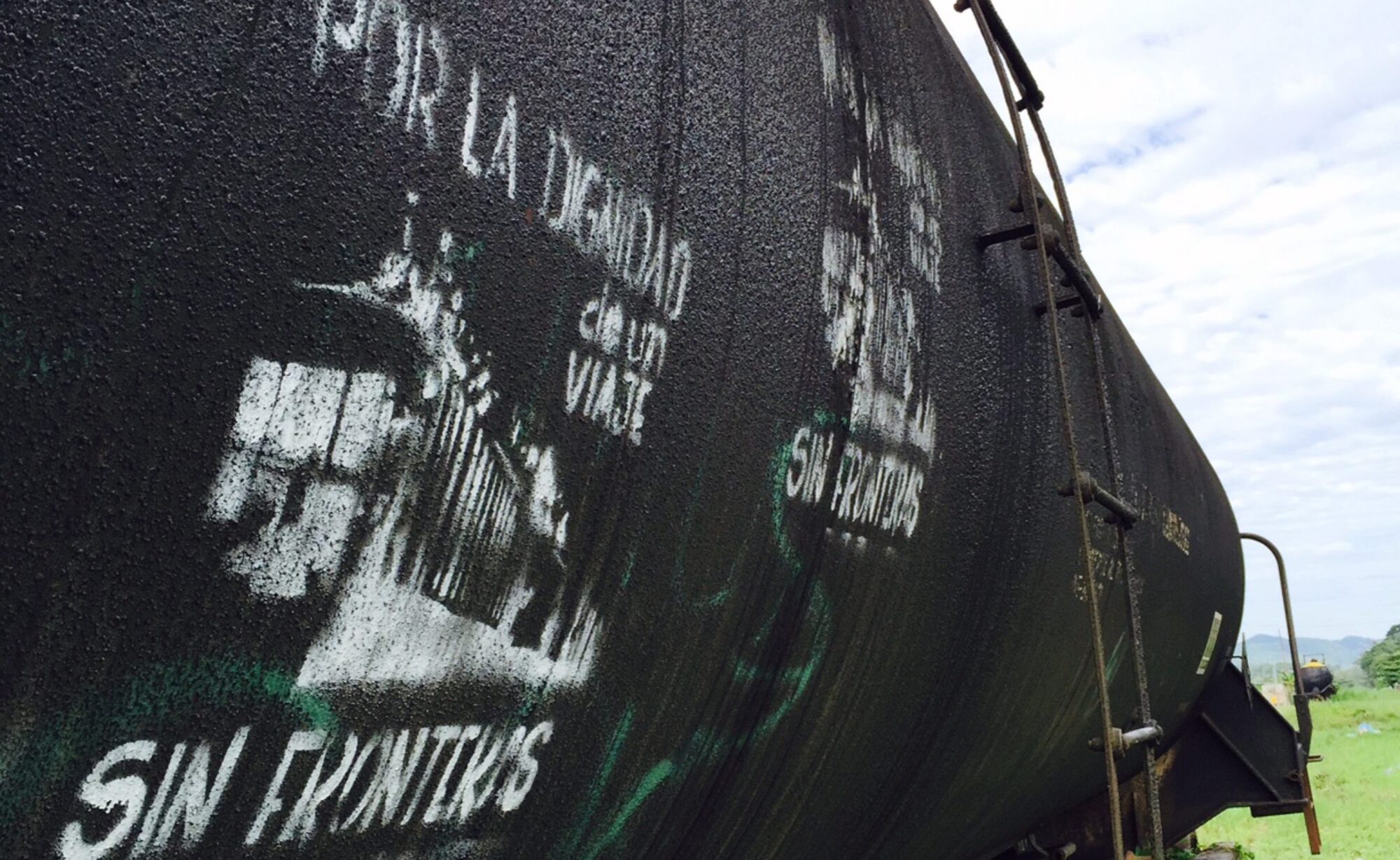Southern Arizona’s legendary human rights champion rates the Biden administration’s first year at the border and suggests the time has come for a “quiet revolution.”
With 2021 coming to a close, and one year of the Joe Biden administration under our belt, I thought there would be no better person to assess what has happened (and offer a way forward) than Isabel Garcia, the cofounder of the Coalición de Derechos Humanos, based in Tucson, Arizona, a grassroots organization that has fought the militarization of the U.S.-Mexico border—and promoted human and civil rights—since 1993. Isabel herself has been on the front lines of border struggles and immigrant rights since 1976, in the streets, at the border, in the courts (now retired, she was a legal defender for decades), and in the offices of policy makers.
In the interview, Isabel discusses the continuation of border militarization under Biden (including the Covid-era Title 42), the court case of a Tohono O’odham woman who blockaded the border-wall-constructing bulldozers with her body, the bipartisan nature of border fortification and the Democrats’ historic role, and activists’ decades-long attempts to stop it.
“Since 1976 we have been fighting for immigration rights,” she says. “I was a young woman. And we have fought within the Democratic Party. And we have fought the Democratic Party over and over and over again on the militarization of this border. Every single bill that comes along … it doesn’t matter what decade, it has been presented as a compromise, compromising what? Obviously compromising the border.”
Isabel says that if people understood the history of labor, immigration, and the border, the conversations today informing policy discussions would be much different. She suggests three major policy issues to tackle: U.S. foreign policy behind displacement, legalizing all noncitizens, and demilitarizing the border.
What stands out most is Isabel’s vision that in the borderlands—if we got rid of all the guns, gates, and guards—we could create one of the “most beautiful places in the world.” To do that, she suggests, there needs to be a “quiet revolution.”
Listen here.
